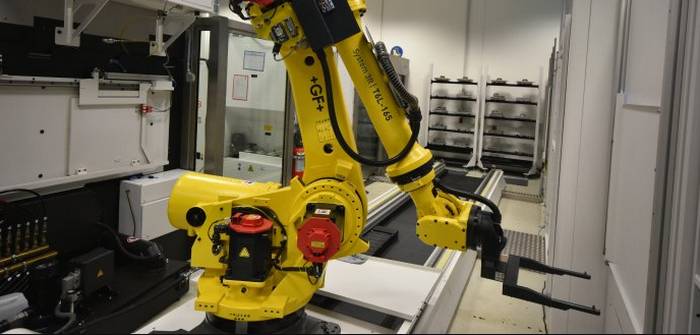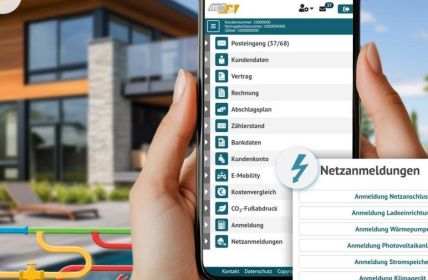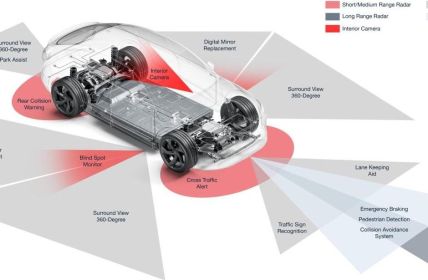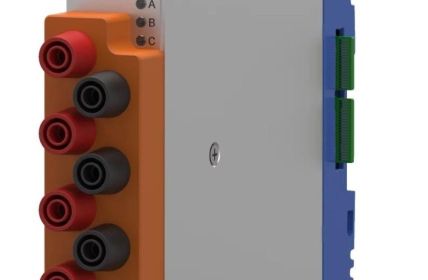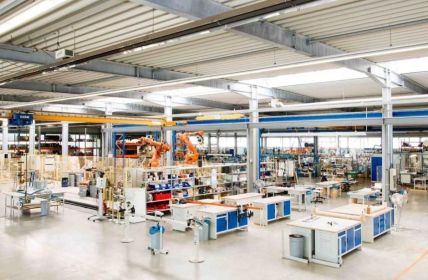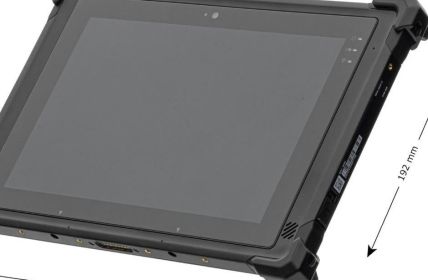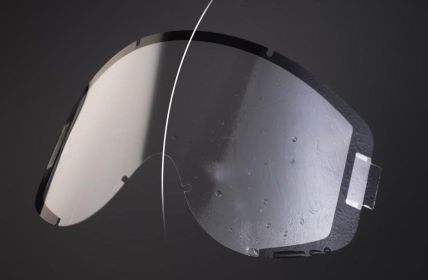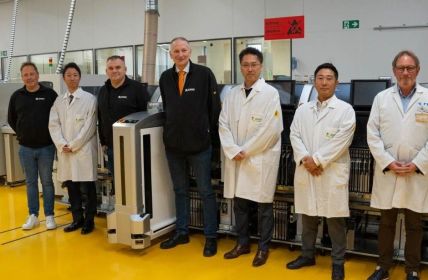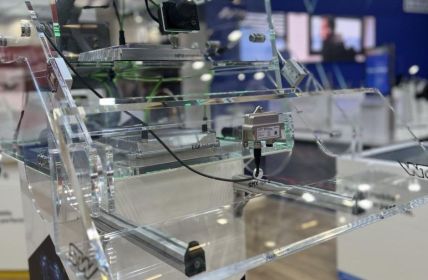For KLEINER Stanztechnik, terms like IoT and Industry 4.0 are not empty words. The company takes the changing times seriously and has long since embarked on the path towards contemporary and future-proof processes. Known for precise stamping technology and customized toolmaking, the Pforzheim-based company developed a unique manufacturing cell for tool components as part of its in-house KLEINER 4.0 project back in 2017. This is to be understood as a self-contained state-of-the-art system that has since been steadily expanded, further developed and increasingly automated.
Table of Contents: What awaits you in this article
KLEINER Stanztechnik: innovativeness appreciated by customers
The innovative production capabilities of KLEINER Stanztechnik are appreciated by customers in the tool parts manufacturing segment. With reduced effort and shortened production times, high-quality, precise manufacturing results are achieved at the same time. Oliver Weißenrieder, head of tool production at KLEINER Stanztechnik, reports, “Many of our customers are already benefiting from the system. And they regularly confirm to us that they were previously unaware of a comparable manufacturing system.”
Continuous further development of the cell
The manufacturing cell at KLEINER’s headquarters in Pforzheim has been subject to continuous further development since it was commissioned in 2018. The team of experts responsible for this is guided on the one hand by innovative possibilities and new technologies on the market. Above all, however, it is guided by customer needs as well as by lessons learned and experience gained from the station’s previous operation.
Industrial robot supplies individual stations
As a result of constant further development, the overall setup in mid-2021 will include: a die-sinking EDM machine, two HSC milling machines, and a cleaning system to prepare for final quality assurance. The latter is carried out in the final step by means of tactile and optical measuring technology. A six-axis industrial robot reaches all stations and supplies them with the workpieces to be manufactured. For the individual components, KLEINER relies on the proven expertise of trusted manufacturers such as GF (Georg Fischer Group) and Makino. Alicona meets the needs of the very specific measuring technology requirements. In the long term, it is desired that the machines learn from each other constructively. KLEINER’s entire system is designed to ensure that the components interact smoothly.
Autonomous make-to-order production that keeps up with series
Trained personnel from KLEINER Stanztechnik currently accompany the cell’s manufacturing process at individual interfaces. The focus of further development is on autonomous, fully automatic as well as self-sufficient operation. “As a result of our work in recent years, we can already speak of ‘one-off production in series’ today. Our customers’ orders are individual and the results tailor-made. Due to the holistic and perfectly coordinated interaction within the manufacturing cell, we can nevertheless achieve the speed of series production,” Oliver Weißenrieder elaborates.
About KLEINER Stanztechnik
Founded in 1985, KLEINER Stanztechnik is growing steadily. The established stamping technology company combines many years of experience in precision stampings and high-performance stamping tools with new developments and technologies.
At its two locations in Pforzheim and Eisingen, KLEINER and its qualified employees produce and develop for the electrical, plastics, automotive, electronics and medical technology industries. The portfolio ranges from microstamped parts to assembled stamped grids. In the field of electromobility and renewable energies, KLEINER offers, for example, solutions for high-current contacting in electric or hybrid vehicles as well as photovoltaic systems.
In order to meet customer requirements in the future and to be able to act in a targeted manner on the market, KLEINER is investing in the area of component assembly. Further mainstays are found in the areas of design and construction of entire automation systems, contract work and contract manufacturing in toolmaking as well as product development for third-party companies.


